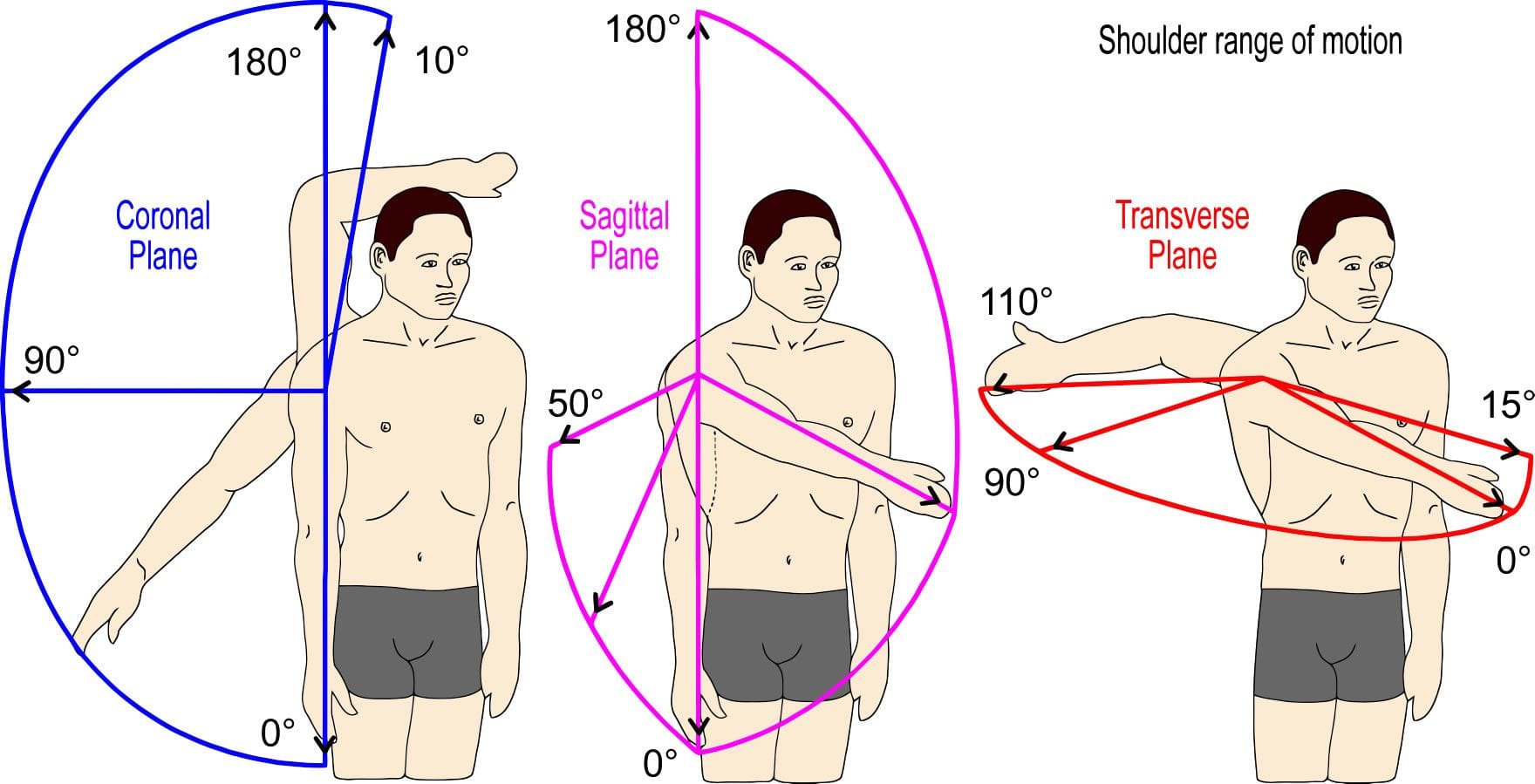This guide explores the fascinating world of Traditional Chinese Medicine (TCM) and the gallbladder meridian. Learn how this energy pathway may influence your physical and emotional well-being, discover its acupuncture points, and explore self-care practices to promote balance.
Exploring the Gallbladder Meridian
In TCM, the gallbladder meridian isn’t your physical gallbladder, but rather an energy pathway, or meridian, that may influence various aspects of your health, from decision-making to digestion. This meridian is believed to begin at the outer corner of the eye, wind down the side of the head and body, and eventually reach the fourth toe. Along this pathway lie 44 acupuncture points, which are often targeted in TCM treatments. Discover the details and explore more information about the greater sciatic foramen.
Recognizing Imbalances
Several signs may suggest a potential imbalance in the gallbladder meridian. These can include timidity, difficulty making decisions, digestive issues (like bloating or discomfort), headaches (especially on the sides of the head), and pain along the meridian’s pathway. However, these symptoms can have various causes, and consulting with a healthcare professional is crucial for a proper diagnosis.
Restoring Harmony: TCM Approaches
TCM offers several approaches to address potential imbalances in the gallbladder meridian.
- Acupuncture: Thin needles are inserted into specific acupuncture points along the meridian, aiming to stimulate energy flow. Some studies suggest that acupuncture can be effective in alleviating certain health problems, though research is ongoing.
- Herbal Remedies: Personalized herbal formulas, including herbs known to support liver and gallbladder function, are often used in TCM.
- Lifestyle Adjustments: TCM often emphasizes the importance of lifestyle modifications, including dietary changes, stress management, and gentle exercise.
Self-Care for the Gallbladder Meridian
You can incorporate several self-care practices into your daily routine to support your gallbladder meridian:
- Acupressure: By applying gentle pressure to specific points along the meridian, you can aim to stimulate energy flow. Resources like charts are available to help locate these points.
- Dietary Choices: According to TCM, bitter foods, like leafy greens (kale, spinach) and even coffee, may be beneficial for the gallbladder meridian.
- Movement and Exercise: Gentle exercises like yoga and tai chi can promote flexibility and range of motion, potentially supporting smooth energy flow.
The Mind-Body Connection
TCM recognizes a strong link between the gallbladder meridian and emotions. A blocked or imbalanced pathway may manifest as a fear of making decisions, a lack of assertiveness, or difficulty planning for the future. This mind-body connection is central to TCM’s holistic approach.
The Role of Ongoing Research
Scientific research on meridians is still evolving. While some studies suggest potential benefits of acupuncture, it’s important to acknowledge the limits of current knowledge. TCM practices often combine anecdotal evidence, clinical experience, and emerging research. Want more insight? Read our article about gfta now.
Key Points of the Gallbladder Meridian
- An energy pathway in TCM, influencing overall health and well-being.
- Runs from the outer corner of the eye to the fourth toe, with 44 acupuncture points.
- Imbalances may lead to symptoms like digestive problems, headaches, and indecision.
- TCM uses acupuncture, herbs, and lifestyle changes to restore balance.
- Self-care practices like acupressure, dietary choices, and exercise may support the meridian.
- Emotions, such as fear of decision-making, can play a role in imbalances.
- Scientific research on meridians is still in its early stages.
- TCM views health holistically, considering mind, body, and spirit.
Beyond Anger: Exploring the Gallbladder’s Emotional Landscape in Traditional Chinese Medicine
TCM links the gallbladder to the emotion of anger, but its influence extends beyond this single emotion. This section explores the multifaceted relationship between the gallbladder and our emotional landscape.
TCM views the body as a network of interconnected meridians, with the gallbladder meridian playing a key role in how we process and express anger. When this energy flows freely, we may be able to assert ourselves appropriately, set boundaries, and manage frustrations constructively. However, a blocked or imbalanced gallbladder meridian may lead to irritability, resentment, difficulty making decisions, or internalized anger.
Imbalances can manifest in various ways, from subtle indecisiveness to more overt expressions of anger. It’s important to note that these are potential associations, and not everyone with gallbladder issues experiences intense anger. TCM also suggests a connection between gallbladder imbalances and physical symptoms like indigestion, bloating, headaches, and pain in the upper right abdomen. Always consult with a healthcare professional for a proper diagnosis, as these symptoms can stem from various causes.
TCM offers several approaches to support gallbladder health and emotional balance. Acupuncture and acupressure aim to stimulate energy flow along the meridians. Dietary changes, including incorporating bitter foods like leafy greens, are often recommended. Stress management practices, such as meditation, yoga, and spending time in nature, can also be beneficial.
While TCM offers valuable insights, it’s important to remember that it shouldn’t replace conventional medical advice. Always consult with a healthcare professional if you’re experiencing health issues. The connection between the gallbladder and anger in TCM highlights the interplay between our physical and emotional well-being, an area of ongoing research and exploration.
Unlocking the Gallbladder Meridian: Symptoms, Causes, and Relief
While Western medicine doesn’t recognize meridians, TCM suggests that a “blocked” gallbladder meridian may manifest in various physical and emotional symptoms. This section explores these potential signs and discusses approaches to restore balance within a TCM framework.
Potential physical symptoms associated with a blocked gallbladder meridian include:
- Pain in the right shoulder
- Neck stiffness
- Tightness in legs or feet
- Headaches (including migraines)
- Digestive problems (bloating, gas, constipation)
Potential emotional symptoms include:
- Irritability and anger
- Difficulty making decisions
- Timidity and lack of confidence
- Insomnia or restless sleep
These symptoms can have many causes, so consulting with a doctor is essential to rule out underlying medical conditions. If medical conditions are ruled out, exploring the possibility of a blocked gallbladder meridian through complementary therapies, like acupressure or acupuncture, might be an option if you are interested in such pursuits.
Ongoing research is investigating how acupuncture and acupressure may influence pain and bodily functions. Some theories suggest these modalities might stimulate nerves or influence blood flow, though the exact mechanisms are still being studied.
Unlocking the Spiritual Meaning of Your Gallbladder: Courage, Clarity, and Decision-Making
In TCM and other traditions, the gallbladder is believed to hold spiritual significance beyond its physical function. This section explores the deeper meanings associated with this organ, focusing on its potential connection to courage, decisiveness, and personal power.
The gallbladder is sometimes viewed as a symbol of inner strength and the ability to assert oneself. When its energy flows freely, you may find it easier to set boundaries, make clear choices, and pursue your goals with purpose. In TCM, the gallbladder is associated with the Wood element, representing growth, new beginnings, and adaptability. This association suggests that a balanced gallbladder may empower you to embrace change and welcome new experiences.
Some practitioners believe a healthy gallbladder influences our ability to plan for the future, not through rigid planning, but rather by fostering foresight and inner wisdom. This connects to the gallbladder’s association with decision-making—making choices aligned with your well-being. Some sources link the gallbladder to joy, potentially connecting it to the positive emotions associated with making sound decisions. It’s important to recognize that these interpretations are rooted in tradition and philosophy. While scientific validation may be limited, many individuals find value in these perspectives for understanding emotional and spiritual health.
It is important to consult healthcare professionals for any health concerns and before making significant lifestyle changes. Exploring practices like meditation, mindful movement, and energy work, under proper guidance, might be considered by some to cultivate a sense of balance and well-being. Ongoing research continues to explore the intricate relationship between the body and spirit. This exploration encourages us to view our health holistically, recognizing the interconnectedness between our physical organs and our inner selves.
- Unlock Filipino Culture: A Deep Dive into Traditions and Practices - April 23, 2025
- Unlock Spanish Culture: Insights & Opportunities Now - April 23, 2025
- White Spirit Uses & Substitutes: A Deep Dive for Pros & DIYers - April 23, 2025
















